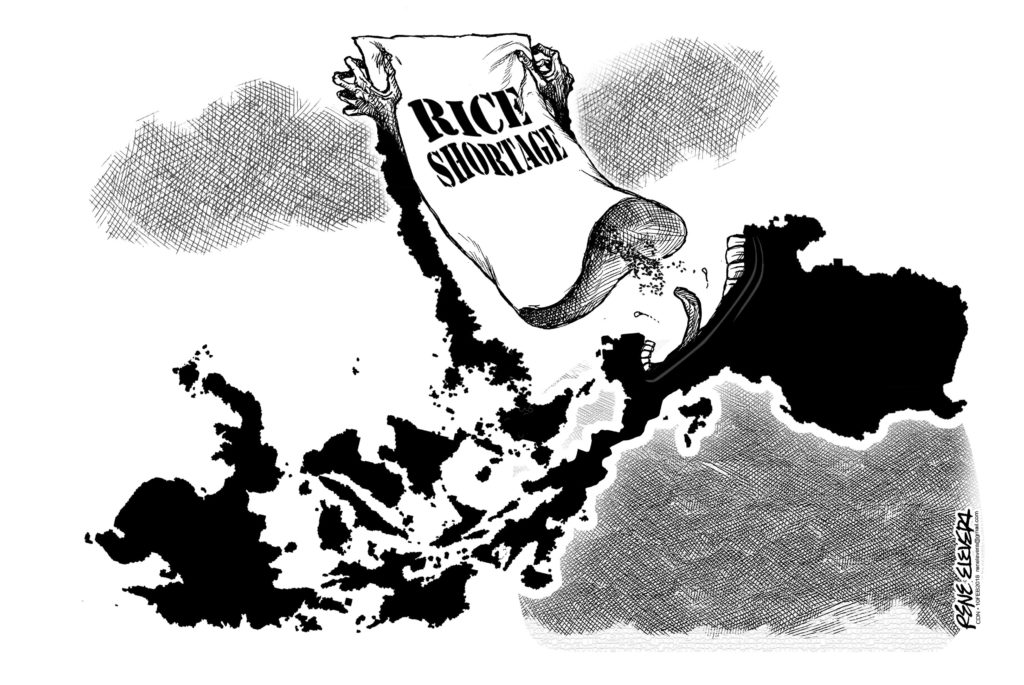Now that the question of sufficiency has again confronted us in the rice shortage suffered by Cebu’s prison inmates, the government and concerned sectors should make themselves accountable both for the big goal of making the country independent for its staple food and for fairer grain distribution.
Our prisons are bellwethers for the state of rice distribution in our country.
The incarcerated do not work to earn for their basic needs like food the way others in the populace do.
Their survival depends on the integrity of penal and food security officials who are under obligation to keep them alive.
(Officialdom must not give in to the temptation of thinking that inmates deserve a rice shortage on account of their crimes. Starving the imprisoned is a form of torture).
If rice is scarce where it ought to be largely freely distributed, that does not bode well for the marketplaces where it is sold for profit.
An investigation is therefore in order for such occurrences as the recent allocation of more sacks of imported rice to places like Leyte and Iloilo that are rice sufficient with fewer sacks going to more industrialized Cebu.
We do not wish to suffer the irony of enduring high rice prices due to an artifice of shortage due to poorly managed apportioning.
Consumers must be on the lookout for excessive spurts in rice prices and report those who levy higher costs in spite of ample supply to the Department of Trade and Industry (DTI).
In the meantime, the national government needs to work harder to make our country rice sufficient.
The Commission on Higher Education has long noticed the dearth of enrollees for tertiary programs in agriculture due to poor public perception of farming.
This can be addressed by an intensive communication campaign to promote the dignity as well as profitability of agricultural work in our time.
But this in turn demands greater state subsidy for education. We do not have a deficit of arable land, and granted that we can remedy the shortage of persons engaged in farm work, they nevertheless need the state to invest on them. It must.
From a broad perspective, the Philippines simply does not have an intrinsic characteristic that excuses its importation of rice..
